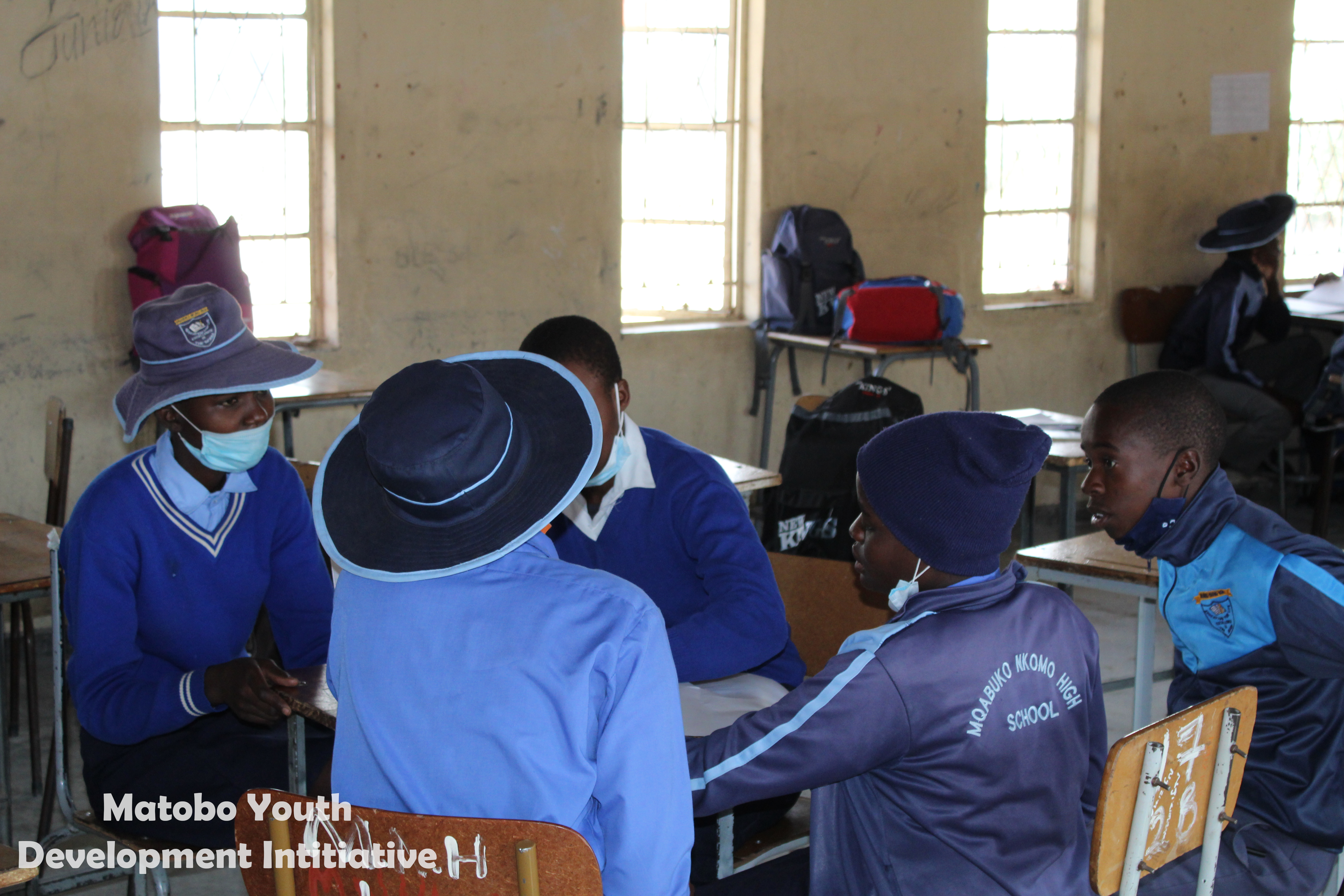RURAL schools face a myriad of challenges with regards to co-curricular activities like sport. These challenges emanate from lack of money to finance sport. The scope of this article is to therefore unravel some of the challenges that affect sport in rural areas.
Most rural school are not well equipped with courts or grounds that can be utilized for disciplines like tennis, cricket, baseball and hockey to mention just a few. For instance in Matobo district mission schools like Minda, Matopo and Cyrene are the only schools that have proper courts for disciplines like basketball and tennis. This lack of courts and grounds therefore impedes the introduction of the aforementioned disciplines.
Failure to introduce a variety of sporting disciplines in the sporting curriculum has ensured that the monopoly of soccer and netball continues as in most schools soccer and netball are by and large the most favored disciplines.
Most of our learners are well talented in different sporting activities but the challenge which is there is that they do not have role models or people to look up to who have participated in sport and have excelled in life because of sport.
People like the former Manchester City forward Ben[1]jani Mwaruwari and former Sundowns and Golden Arrows player Kuda Mahachi attended urban schools Magwegwe and Sobukhazi High Schools respectively. They continue to visit their schools and donate sporting equipment to their former schools and communities in an attempt to plough back to where their sporting careers began.
These philanthropic gestures therefore plays a leading role in inspiring the current crop of learners. However this lacks in our rural schools and poses a challenge in ensuring that talent is exposed by the learners.
The economic downturn in Zimbabwe has also played a leading role in posing challenges in sports in the rural areas. Eight years ago local business people would hold tournaments and award excelling participants, but because of the economic meltdown they no longer have the capacity to hold such sports tournaments.
Limited sporting resources at schools also have a hand in posing challenges to sports in the country side. For athletics most schools do not have batons, tape measures, hurdles and other field events implements. But when one visits urban school like Eveline and St Columba’s High schools they are greeted by well-equipped schools grounds and other sporting implements.
In Matobo district there are few schools that have hurdles but all athletes will be expected to partake in hurdles at competition level. Will that athlete do well? Definitely NO, because it will be his or her first time to see hurdles. Lack of resources has forced facilitators to improvise but truth be told improvisation does not bring desired results hence compromising sport.
Rural areas, Matobo to be specific is pre dominantly inhabited by poor people hence some of the parents are unable to pay fees for learners. This failure to pay fees has adversely affected sports in rural areas owing to the fact that in principle sporting trips are fully funded by school fees paid by learners.
Failure to pay school fees has demotivated teachers and learners alike because after training and fully preparing for trips they will be told that there are no funds in school coffers to finance the trips. This has therefore killed the spirit.
Due to lack of entertainment in the country side, rural learners have resorted to playing in social soccer tournaments known as imibhejo where teams play for a certain amount of money and the winners take the money and share it among themselves. This has negatively impacted sports in rural areas in different ways.
Firstly learners are exposed to a lot of indiscipline which is by and large perpetrated by school leavers. Learners then bring that indiscipline to school thus causing a rift between them and their coaches and other fellow members of the team. It common knowledge that sport and discipline have a symbiotic relationship. Secondly social games have reduced learners’ zeal to participate in school because compared to money games, partaking in the school team has no monetary incentives for participants therefore to them it is valueless. There are many challenges that affect sport in rural schools which cannot be exhausted in this article. This article is just a tip of the iceberg. Ndutchpower.
